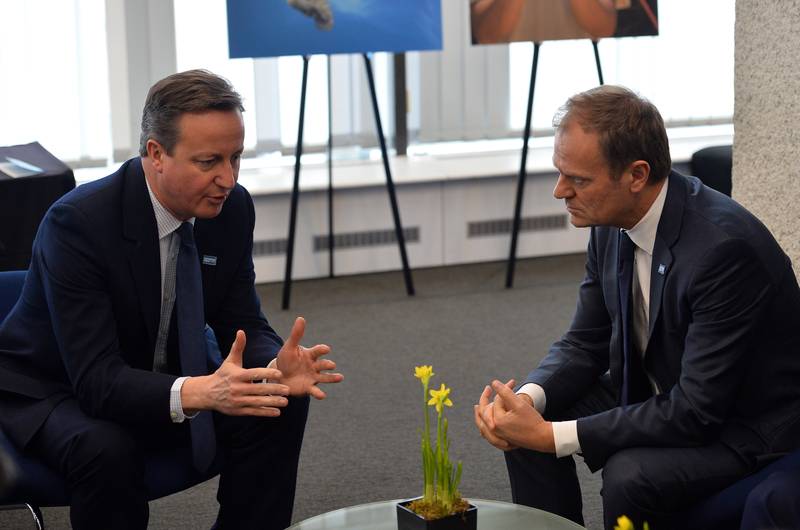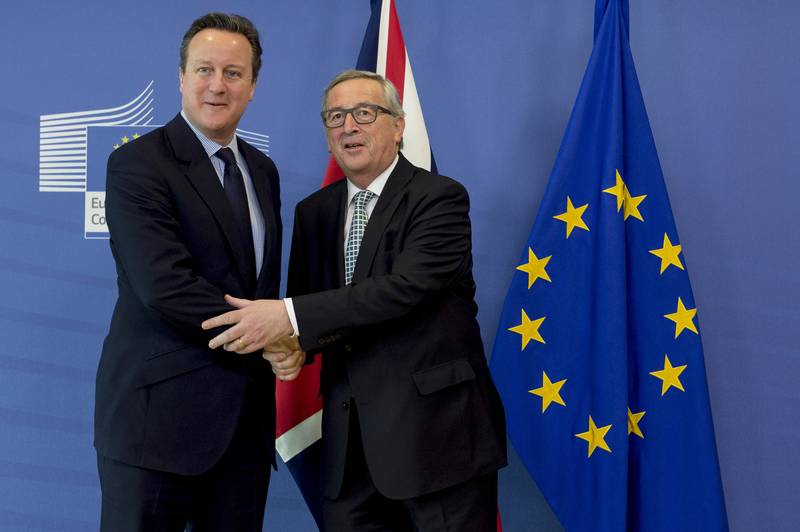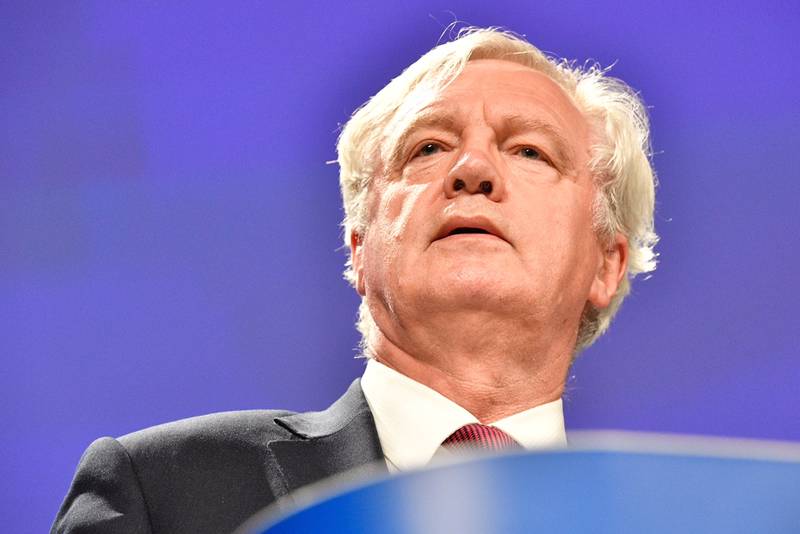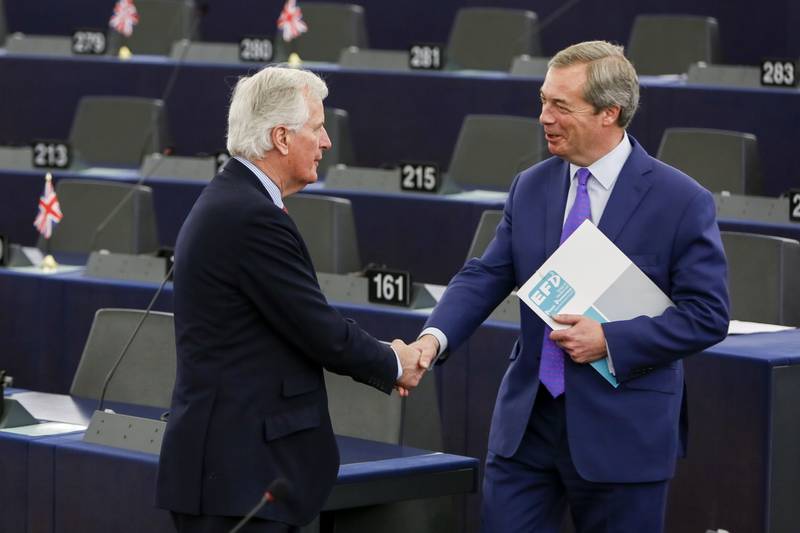To BRexit, or To BRemain?
Adelina Marini, February 18, 2016
 There is a Hamlet-style summit of the EU beginning in Brussels today, judging by the description given to it by Politico Europe: “To be European, or not to be, that is the question”. The main topic in the leaders’ agenda will be striking a deal for the remaining of Great Britain in the EU. Earlier this week European Council President Donald Tusk poured oil in the fire of pessimism by admitting that the risk of disintegration is very real. “This process is indeed very fragile”, he said. In his letter to leaders, published yesterday, he stated that there were no guarantees. Besides, the situation has a very strong geopolitical effect. Tusk warned that if the summit should fail, it would be a loss to both sides, but will be a geopolitical victory “for those who seek to divide us”.
There is a Hamlet-style summit of the EU beginning in Brussels today, judging by the description given to it by Politico Europe: “To be European, or not to be, that is the question”. The main topic in the leaders’ agenda will be striking a deal for the remaining of Great Britain in the EU. Earlier this week European Council President Donald Tusk poured oil in the fire of pessimism by admitting that the risk of disintegration is very real. “This process is indeed very fragile”, he said. In his letter to leaders, published yesterday, he stated that there were no guarantees. Besides, the situation has a very strong geopolitical effect. Tusk warned that if the summit should fail, it would be a loss to both sides, but will be a geopolitical victory “for those who seek to divide us”.
The division of powers in the Council today is along the two most controversial baskets. The Eastern part of the Union, led by the Visegrad four, concentrates on the fourth basket, which concerns social benefits for Eastern European migrants in Great Britain.
Everyone in this camp insists that the limitations on benefits concern only the newly arriving migrants, and not the ones that are already there. To the Western part of the Union, which is in the euro area, the more important basket is the one concerning the relationship of the euro area with the rest. The strongest voice there is of French President François Hollande, also supported by Belgium. Informally, also positioned in this camp is the ECB boss, who earlier this month warned, that the future deal must be clear to everyone in order not to cause problems of systemic character to the euro area and not to hinder the future integration of the currency club, the moment for which is very opportune, he said to MEPs of the economic committee. There is also a very strong and large group of member states, Germany among them, who feel that the deal proposed to Great Britain is good.
Donald Tusk assumes that the British question could be discussed late into the night and even remain for Friday, when it will gain informal status. There are a number of bilateral meetings planned for the meantime, which will include European Parliament President Martin Schulz (Socialists and Democrats, Germany). During dinner, the leaders will also discuss the refugee crisis, where there is nothing new under the winter sun, but the situation still remains dividing and urgent.
This summit will be a first for the new Croatian PM Tihomir Orešković (non-partisan). He was heavily criticised by former Deputy PM and Minister of External and European Affairs Vesna Pusić, who is currently in opposition and serves as Deputy Speaker of the Sabor. She disagrees with the word “Brexit”, which he used during the government’s meeting yesterday. It is extremely important for Croatia that Great Britain remained in the EU, she said yesterday, quoted by Vecernji list. Her successor in the foreign  ministry, Miro Kovač, commented the newspaper, uses rhetoric which is closer to hers.
ministry, Miro Kovač, commented the newspaper, uses rhetoric which is closer to hers.
He speaks of the referendum for the UK’s remaining in the Union, and not of a “Brexit”. Otherwise, the Croatian position suffered no major change compared to the one of the former government, led by the Social Democrat Zoran Milanović, neither regarding the refugee crisis, nor the British question. The programme of PM Orešković includes a meeting with the Visegrad Four shortly before the summit’s starts this afternoon. Slovenian PM Miro Cerar will also participate in the meeting.
Regardless of the outcome of the summit, the expectations of key political factors in the EU are that euro area integration must continue. Eurogroup boss Jeroen Dijsselbloem made a statement to this effect during his hearing in the economic committee of the EP this morning.
Translated by Stanimir Stoev
 David Davis | © European Commission
David Davis | © European Commission Angela Merkel | © Council of the EU
Angela Merkel | © Council of the EU Michel Barnier, Nigel Farage | © European Parliament
Michel Barnier, Nigel Farage | © European Parliament